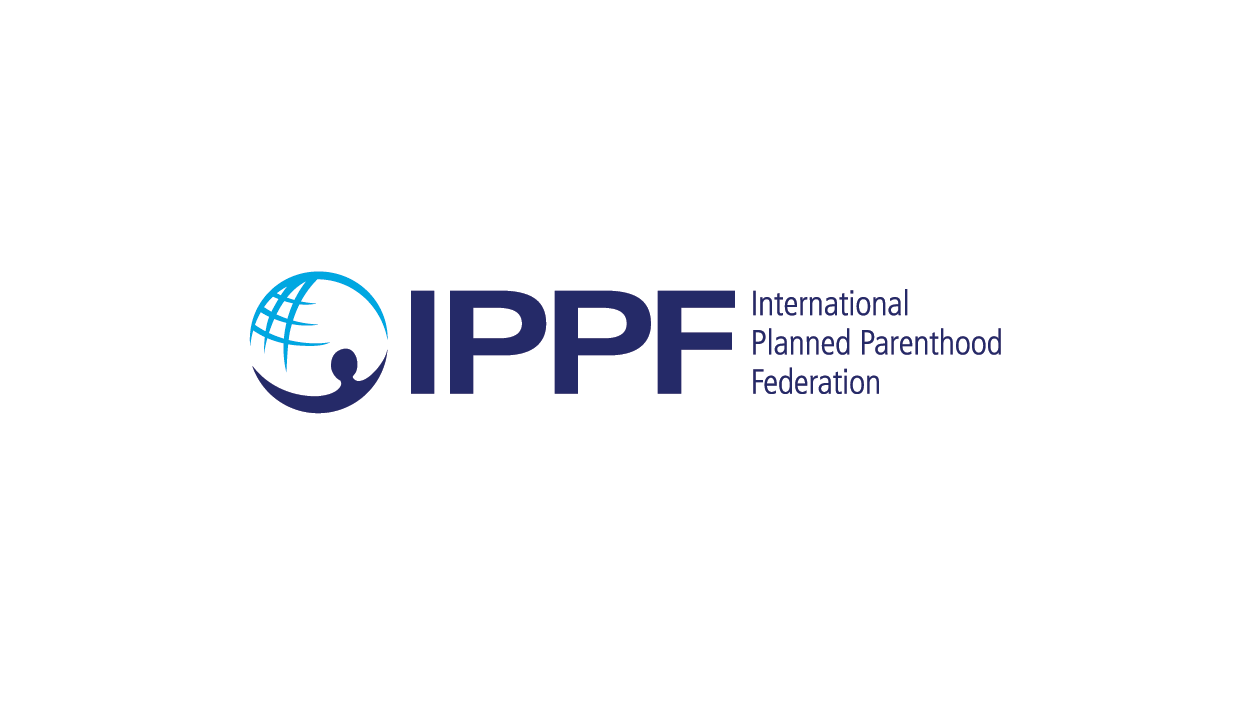Evidence-based publications

Since our foundation, we have provided support to multiple organizations in the development of technical publications (such as protocols, guidelines, programmatic guides, toolkits, training packages) on topics such as healthcare access, youth agency, gender, and SRHR. Technical publications require a thorough desk review process, identifying authoritative sources, reviewing similar publications to avoid duplication of efforts, understanding your audiences, conducting consultations with target audiences, brainstorming, drafting, editing, and translating. We have the experience, the technical expertise on various topics linked to the Sustainable Development Goals, and a clear road map to conduct the writing process to ensure the result is a high-quality and evidence-based publication that meets the needs of your audiences.
We can also help you to prepare high quality peer review articles and other evidence-based reports related to your field operations and learning paths on specific humanitarian and development sectors of intervention. IWORDS has social sciences researchers with a recognized track record in publications, and we can help your organization to publish too!
Through publishing, you can reach a bigger audience interested in knowing your work’s findings and the organization’s commitments towards improving its intervention outcomes, and this is highly appreciated by INGOs, multilateral agencies, decision makers, and donors, among others. Publishing articles or reports in journals like The Journal of Humanitarian Affairs or Gender & Development, among others, can help promote your services and products, extend your networks, and increase the organization’s credibility and recognition while being a powerful tool for advocating, leveraging, and positioning your organization’s priorities in international, regional, and national agendas.
Case Studies

International Medical Advisory Panel–Development of Medical Bulletins
Client: International Planned Parenthood Federation
Year: 2012–2014 and 2016
In 1979, IPPF formed the International Medical Advisory Panel (IMAP)—a body of medical scientists and of leading experts in the field of SRHR. The panel has the mandate to formulate and disseminate recommendations to IPPF and other interested parties regarding best practices in SRHR based on the best available evidence. IMAP’s recommendations are presented as IMAP Bulletins. From 2012 to 2014, our Director (former IPPF staff member) was responsible for the coordination of IMAP and the production of evidence-based medical bulletins on issues such as task sharing/task shifting, injectable contraceptives, safety of third and fourth generation oral contraceptives, use of long-acting reversible contraceptives by adolescents, and sexual rights in service delivery. In 2016, our team developed an IMAP statement on Peer Provision Models, compiling promising practices from around the world.

Multiple youth-led evaluation and research processes conducted on topics such as girls organizing, the landscape for funding of programming for children, gender, and youth participation.